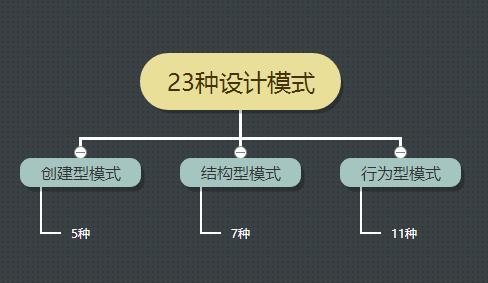Data processing is one of the fundamental steps in machine learning pipelines to ensure data quality. Majority of the applications consider the user-defined function (UDF) design pattern for data processing in databases. Although the UDF design pattern introduces flexibility, reusability and scalability, the increasing demand on machine learning pipelines brings three new challenges to this design pattern -- not low-code, not dependency-free and not knowledge-aware. To address these challenges, we propose a new design pattern that large language models (LLMs) could work as a generic data operator (LLM-GDO) for reliable data cleansing, transformation and modeling with their human-compatible performance. In the LLM-GDO design pattern, user-defined prompts (UDPs) are used to represent the data processing logic rather than implementations with a specific programming language. LLMs can be centrally maintained so users don't have to manage the dependencies at the run-time. Fine-tuning LLMs with domain-specific data could enhance the performance on the domain-specific tasks which makes data processing knowledge-aware. We illustrate these advantages with examples in different data processing tasks. Furthermore, we summarize the challenges and opportunities introduced by LLMs to provide a complete view of this design pattern for more discussions.
翻译:暂无翻译




